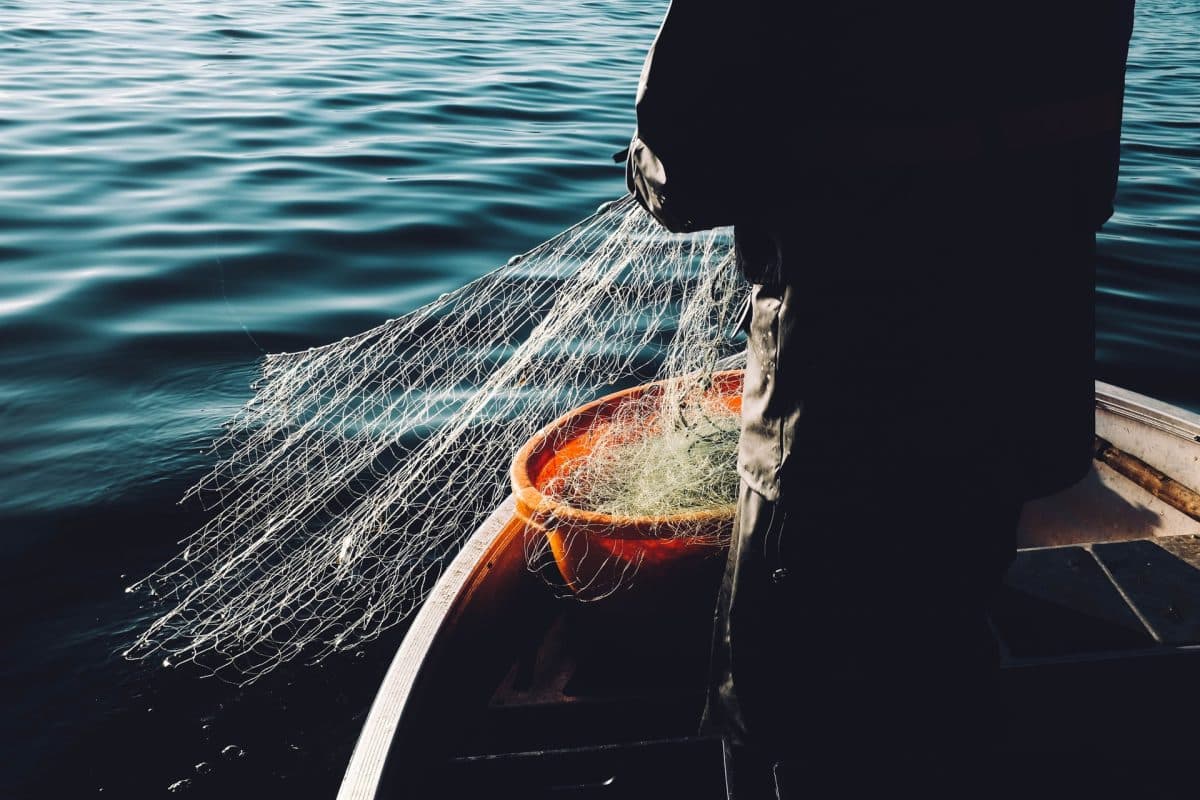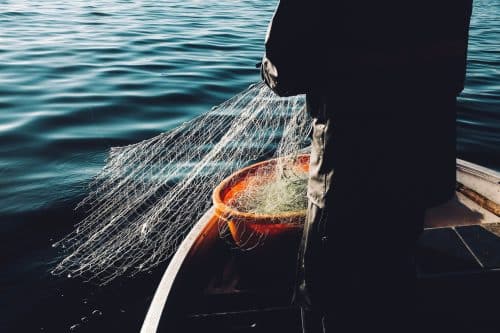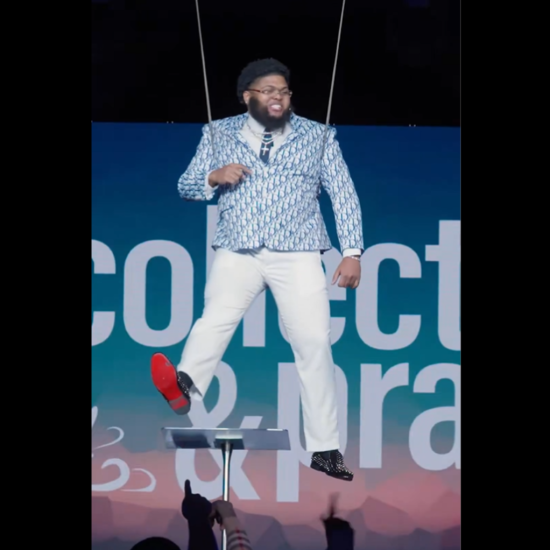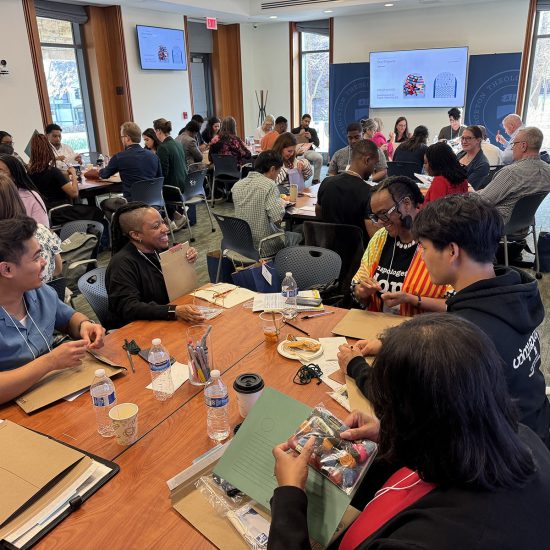
I am perfectly average in every way. I am a six-foot-tall white male, monogamously married with two children, living in an unremarkable middle-class neighborhood in the Midwest. I love baseball, hoodie sweatshirts, and hot tea. I play on two city rec league softball teams stacked with former high school used-to-coulds. I spent the summer coaching my son’s baseball team. This fall I will spend my Friday nights and Saturdays voluntarily carrying props and gear for our high school marching band events because my daughter will be performing front and center. If you ever need a photo of an easily forgettable Midwesterner wearing a hoodie for your middle school collage project, you have my permission to use my picture.

Greg Mamula
I also have gifts and talents that have been accepted and utilized by the church. I am an ordained pastor, denominational leader, author, speaker, and occasional Sunday school teacher. I love when I get to share my gifts with churches, pastors, and church leaders. I have been blessed with great mentors and a cloud of witnesses who have affirmed me every step of the way. These affirmations have encouraged me to connect more deeply to the church and to Christ. I am also a sinner with flaws, problems, and weaknesses I struggle with daily. Thankfully, I have a community of friends, colleagues, and neighbors who call me out on those sins and flaws from time to time. Yet, I am still called to be in community with other Jesus followers and share my Spirit-given gifts for the sake of the church and the mission of Christ.
You too have gifts and talents. You are known and you are important. If you are part of the community of Christ, the church desperately needs you to use your gifts and talents in all the spaces you dwell.
This article is part of a series on the future of the church in which I am sharing six observations I think we need to focus on to be the faithful presence of Jesus over the next decade:
- Allow the full narrative of scripture to shape your holy imagination
- Learn to listen and respond well to your community
- Build more and better networks
- Recognize and unleash the gifts and talents of all people
- Invite people from isolation to inclusion
- Develop multiple revenue streams
Feel free to share with me your observations of what you see coming and where you feel the Spirit is leading.
Today we are focusing on recognizing, celebrating, and unleashing the gifts and talents of all people.
Recognize and unleash the gifts and talents of all people
One of my favorite passages of scripture is the third resurrection appearance of Jesus in John 21. It is a story that continues to shape me deeply. One of my favorite parts is when Jesus tells the disciples to cast their nets on the right side of the boat after a long night of unsuccessful fishing.

Fredrik Öhlander / Unsplash
The specificity of the right side of the boat always made me curious, so I did some research. Apparently, a common fishing style of first century Galilean fisherman was to utilize a dual boat method that involved drag nets. Each boat would circle each other in a counter-clockwise direction dragging nets and trapping schools of fish between them. Once they felt there were plenty of fish entrapped between them, someone would cast their net on the left side of the boat catching the fish trapped between them. Simple. Genius. A common fishing tactic performed thousands of times by the average Galilean fisherman over the course of their life.
Yet, Jesus challenges them to cast their net on the right side of the boat. I can imagine the disciples grumbling to one another when the voice from shore offers this advice. “Does this guy not know how fish trapping works? We encircle the fish. We trap the fish. We catch the fish. We don’t waste our time and effort throwing our nets on the side of the boat where there is no trap.”
But in obedience, or perhaps desperation, Peter takes his net, twirls it over his head, and casts it on the right side of the boat resulting in a miraculously large haul of fish.
The church has been fishing for a long time in our North American context using methods learned from our forebearers and business books. We caught lots of fish for lots of decades using the attractional church methods. But like the disciples, we have been fishing all night long and we are experiencing fewer and fewer results. It is time to start casting our nets on the right side of the boat.
But before you get all wound up pondering new fishing techniques and equipment, pay attention to the best part of this story.
Peter did not buy a new net. He did not dry dock his boat to be remodeled and retooled for right-side fishing. He did not take a class from a right side of the boat expert angler. He did not even double-check with the voice on the shore.
Instead, he took every skill, talent, and experience he had developed over a lifetime of fishing, and simply applied them on the right side of the boat. He used what was already in his hand and used it in a new location.
Our churches are filled with talented and gifted people. Our deeply rooted established congregations are full of built-in potential. They have spent decades developing skills in mission, ministry, fundraising, event planning, musical performance, budgeting, and a thousand other things. All we need to do is use the gift we have spent lifetimes developing and point them at the right side of the boat.
This is the hope I have for the church. This is the very embodiment of what Fresh Expression practitioner and pastor Michael Adam Beck calls a blended ecology (see his Deep Roots, Wild Branches series of books). Established church and new fresh expressions of church merging together to bring life to both. To accomplish this goal will require us truly living into the biblical value of the priesthood of the believer by equipping and unleashing every person in your congregation to be a missionary in their context.
Our churches must be better about welcoming and affirming people’s gifts and abilities regardless of their socio-economic status, family configurations, race, identities, or their mental, emotional, and physical abilities to fully participate in the life and fellowship of our church communities. Everyone has gifts and talents they can share with the church that build up the kingdom of God. These gifts can and should be applied to our established church communities. I have spent my life applying my gifts in this space and it has brought me great joy.
But we also need to affirm people as image bearers of God, recognizing that they have something to offer the church and the Kingdom within the everyday common spaces like rec league softball fields, marching band parent meetings, and the neighborhoods we live in and the businesses we work. We must help our people recognize and celebrate the gifts and talents that have been overlooked by the established church and unleash them to use them in their daily lives to boldly bear witness to the kingdom of God in places they dwell every day like dog parks, restaurants, office buildings, softball fields, and marching band practices.
Being faithful followers of Jesus in the spaces beyond the established church is going to be vital to the wellness of the church in America in the years and decades ahead. This does not mean the established church is gone and that only new forms of church matter. Quite the opposite – we need both. Peter could not have caught those fish on the right side of the boat without his long-used boat and nets. But the metaphor holds that we must bless and equip people’s talents and gifts to be kingdom-bearing witnesses in new places beyond our old drag net trapping methods. This may never result in adding more people to the established church pews, but it will expand the kingdom by adding new people in new spaces.
This will only be possible if we encourage and equip people to utilize all their gifts and talents in every avenue of life they participate.
Rev. Dr. Greg Mamula is the Associate Executive Minister for the American Baptist Churches of Nebraska, and a contributing writer for Word&Way. He is the author of Table Life: An Invitation to Everyday Discipleship, published by Judson Press in print and e-reader versions from online distributors including Amazon. To learn more information visit www.table-life.org.






